Optimal Nutrient Intake During Weight Loss
- Healand Clinic

- Sep 4, 2023
- 2 min read

Starting a weight loss journey necessitates a comprehensive approach that encompasses both dietary adjustments and the maintenance of essential nutrient intake. Vitamins and minerals are the foundation of overall health, supporting various bodily functions that are crucial during weight loss. In this guide, we'll explore the significance of vitamins and minerals, and provide insights into effectively incorporating them into your weight loss plan.
The Role of Vitamins and Minerals
Vitamins and minerals are essential micronutrients that your body requires in small amounts to function properly. They play a pivotal role in energy metabolism, immune function, cell growth, and overall well-being. During weight loss, when calorie intake may be reduced, maintaining optimal nutrient levels becomes even more crucial.
Common Deficiencies during Weight Loss
Calorie restriction and dietary changes can increase the risk of deficiencies in specific vitamins and minerals:
- Vitamin D: Supports bone health, immune function, and overall well-being. Limited sun exposure and reduced food intake can lead to deficiency.
- Calcium: Essential for bone health, especially during weight loss when bone mass might be compromised.
- Iron: Important for preventing anaemia, as reduced calorie intake might impact iron-rich food consumption.
- B Vitamins: These vitamins are crucial for energy metabolism, nervous system function and overall health.
- Zinc and Selenium: These minerals support immune function, wound healing, and metabolism.
Choosing a Balanced Diet
A well-rounded diet that includes a variety of nutrient-rich foods is the foundation of optimal nutrient intake. Incorporate:
- Fruits and Vegetables: Rich in vitamins, minerals, antioxidants, and fibre.
- Lean Proteins: Such as poultry, fish, beans, lentils, and low-fat dairy products.
- Whole Grains: Provide B vitamins, iron, and fibre.
- Healthy Fats: From sources like avocados, nuts, seeds, and olive oil.
Supplementation as Support
While a balanced diet should be the primary source of vitamins and minerals, supplements can provide added support:
- Multivitamins: A comprehensive option that covers a range of vitamins and minerals. Choose one tailored to your gender and age.
- Vitamin D: Especially important if you have limited sun exposure.
- Calcium: Especially if your dietary calcium intake is low.
- B Vitamins: Particularly if you're following a vegetarian or vegan diet.
- Iron: If you're at risk of deficiency, consult with a member of our team before supplementation.
Balancing nutrient intake, physical activity, and overall lifestyle choices is crucial for achieving long-term success and well-being. Vitamins and minerals are the foundation of a healthy body, and their importance is magnified during weight loss. A balanced diet that includes a variety of nutrient-rich foods is your primary source of these micronutrients. Supplements can provide additional support when necessary, but they should be introduced under the guidance of healthcare professionals. Striking the right balance between dietary choices and supplementation ensures that you're fuelling your body with the essential nutrients it needs to thrive throughout your weight loss journey and beyond.
How can Healand help me with optimising my nutrient intake during weight loss?
We offer a range of oral supplements encompassing all aspects of wellbeing. Additionally, we offer various intravenous therapies to support optimal wellbeing.
Please contact our clinic for further information on how Healand can support you with your goals.




